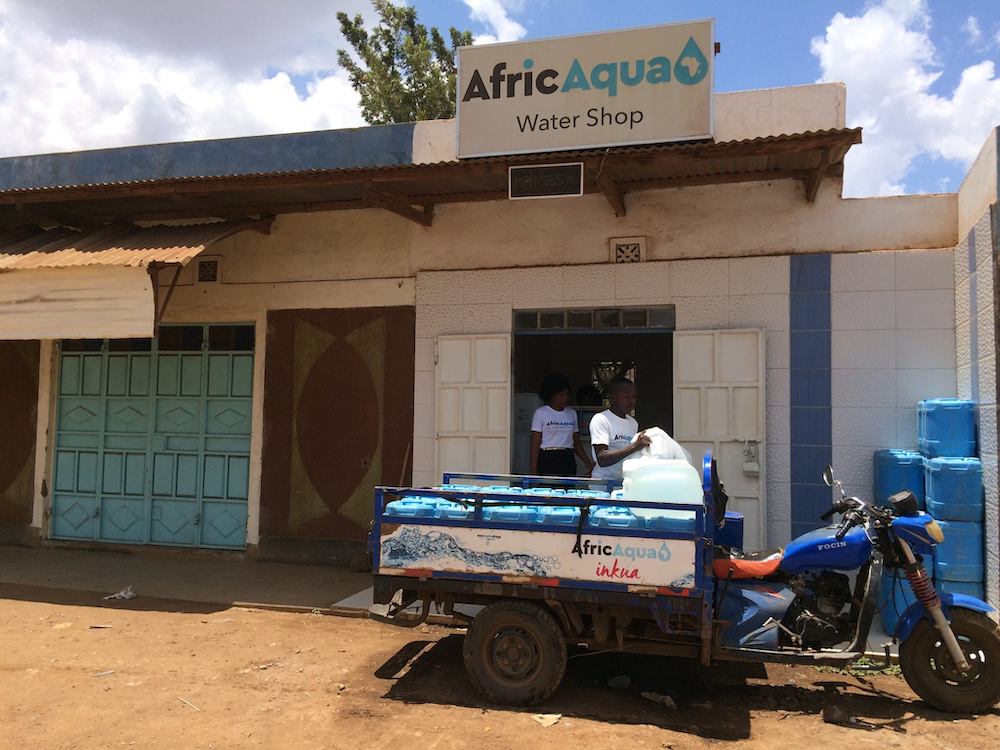Providing access to clean water and sanitation has long been a public-sector responsibility. But lower-income countries struggle to fund and implement critical water and sanitation infrastructure. More than two billion people worldwide still lack access to sanitation services; nearly a billion lack clean drinking water.
This week, Belgium-based Incofin rolled out its Water Access Acceleration Fund with €36 million ($38.4 million) in blended financing from development finance institutions, banks, nonprofits and other organizations “to prove that the drinking water sector is investment-ready, even when targeting low-income people,” said Incofin’s Dina Pons.
The fund includes a first-loss layer staked by USAID.
Another new water fund: British International Investment and water infrastructure investor Metito Utilities’s Africa Water Infrastructure Development to build and finance climate-smart water and wastewater treatment plants.
“Such projects are particularly capital intensive,” said Metito’s Rami Ghandour. Its first investment is a drinking water plant in Rwanda that has also secured backing from the African Development Bank.
The two funds launched ahead of World Water Day this week. The U.N. hosted its first water conference in 50 years to set a global water agenda patterned on the global climate agenda.
Water finance shortfall
A survey by UN Water of 121 countries found that more than $63 billion is needed annually to meet water, sanitation and hygiene, or WASH, needs. Three out of four countries, mostly in Africa, lack sufficient capital to fund WASH infrastructure and other projects.
Despite the challenges, governments and international development agencies are rolling out projects across the continent. South Africa is planning new water reservoirs to shore up supply around Pretoria and Johannesburg, where many residents’ taps have run dry. USAID is committing $100 million to improve sanitation services in Kenya. Japan is investing in irrigation in Egypt’s drought-hit Nile Delta and new drinking water systems in Mozambique. The European Investment Bank is providing €14 million ($15 million) for drinking water in São Tomé and Príncipe.











